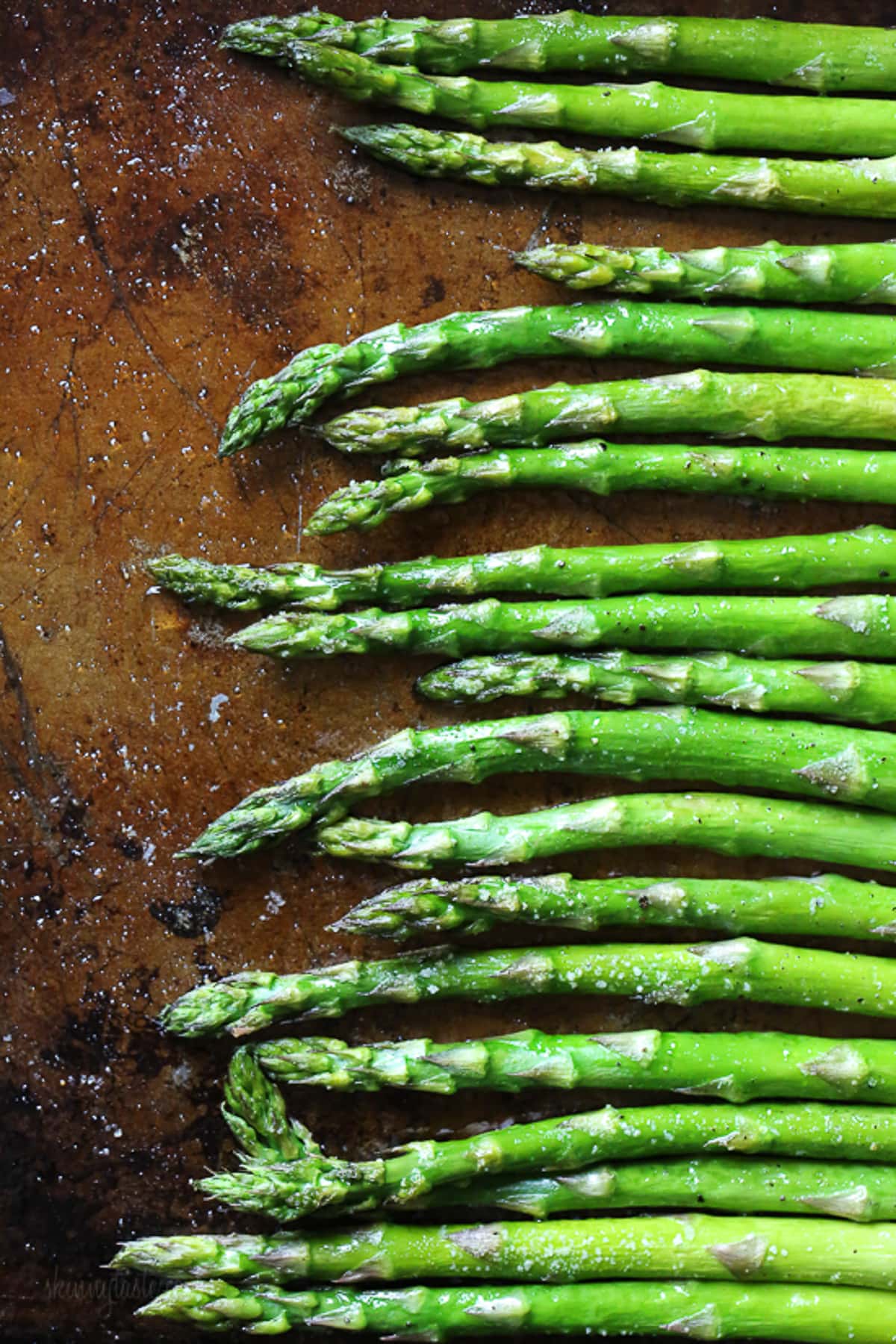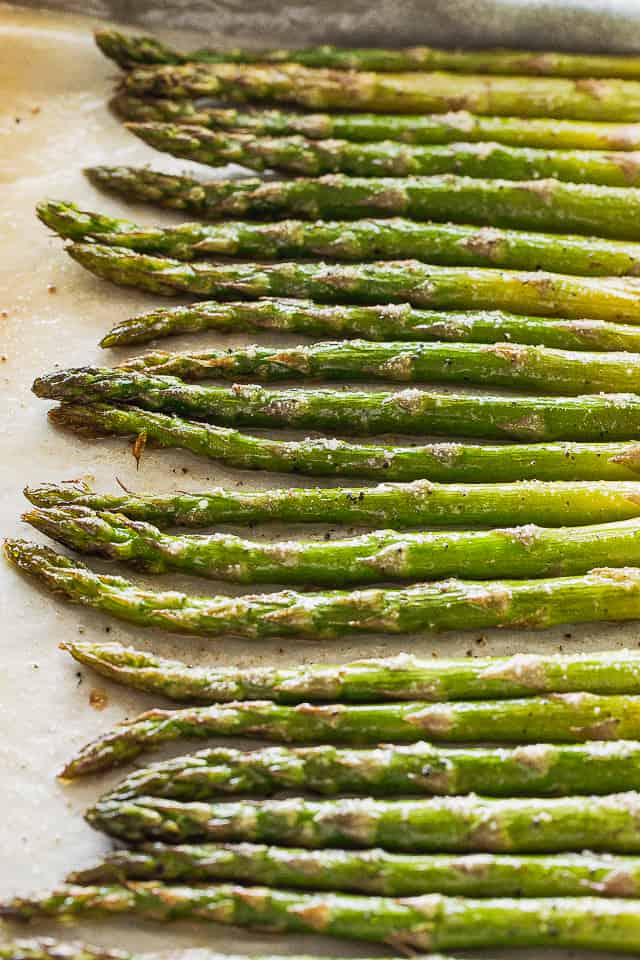Asparagus: Important Facts, Health Benefits, and Recipes
Explore the health benefits, culinary uses, and storage tips of asparagus, a versatile and nutritious vegetable, in our comprehensive guide.
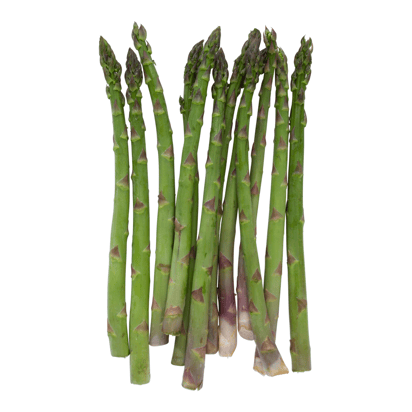
Best Asparagus Recipes
-

-

-

-

-
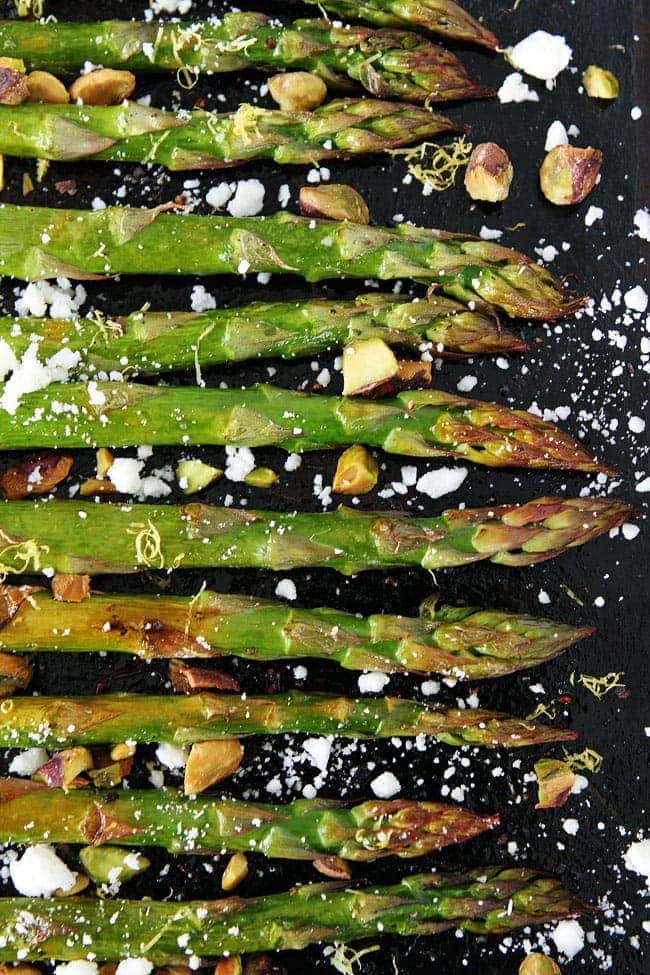
-

-
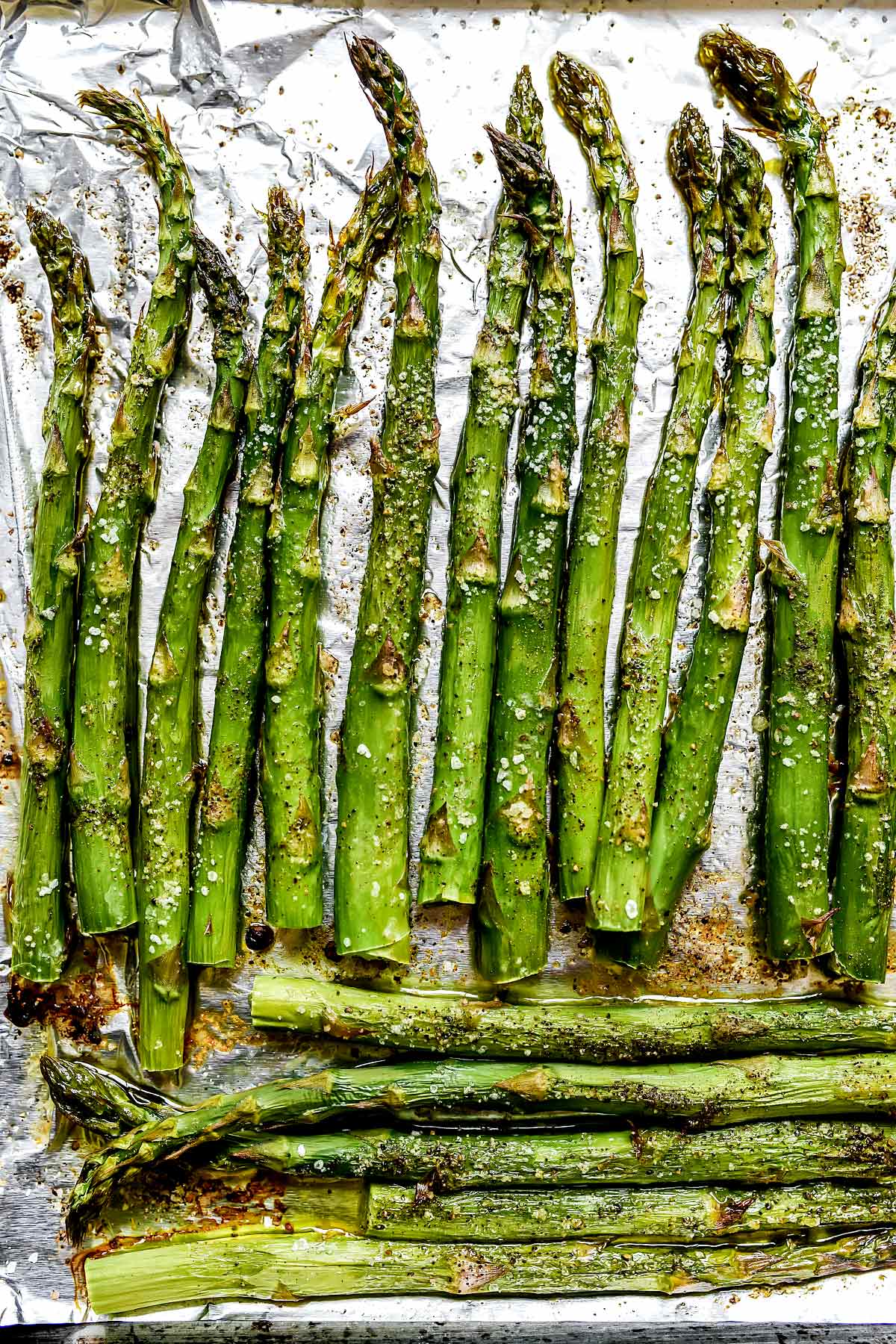
-
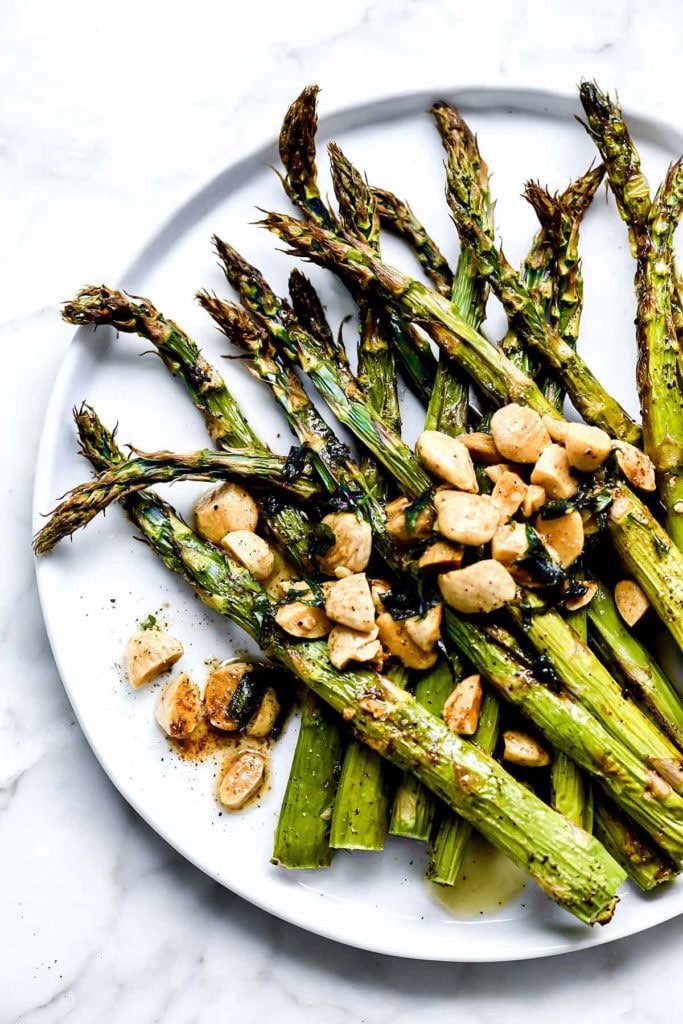
-
![Chopped Grilled Vegetable Bowl with Farro and Fresh Coast Retreat Image]()
-
![One-Pot Skinny Pasta Primavera Image]()
-
![Spicy Smashed Avocado & Asparagus with Dill Havarti Grilled Cheese Image]()
-
![Spring Greens Asparagus and Ricotta Pasta Image]()
-
![Cream of Asparagus Soup Recipe Image]()
-
![Grilled Prosciutto Wrapped Asparagus Image]()
-
![Honey-Teriyaki Salmon and Asparagus Veggie Rice Bowls Image]()
-
![Roasted Asparagus Image]()
-
![Teriyaki Chicken and Asparagus Stir-Fry Image]()
-
![Grilled Garlic and Herb Chicken and Veggies Image]()
-
![Asparagus-Pancetta Potato Hash Image]()
-
![Cream of Asparagus Leek Soup with Creme Fraiche Image]()
-
![Asparagus and Swiss Cheese Frittata Image]()
-
![Chili Shrimp and Asparagus Stir Fry Image]()
-
![Grilled Vegetable Platter with Yogurt Mint Sauce Image]()
-
![Bacon Wrapped Asparagus Recipe Image]()
-
![Air Fryer Asparagus Fries Image]()
-
![Honey Garlic Shrimp Stir Fry Image]()
-
![Spinach Asparagus Frittata Image]()
-
![Creamy Chicken Asparagus Penne Pasta Image]()
-
![Asparagus Pasta Salad Image]()
-
![Parmesan Roasted Asparagus Image]()
-
![Shrimp and Asparagus Stir-Fry Image]()
-
![Brie and Asparagus Phyllo Tarts Image]()
-
![Baked Rockfish Almondine Image]()
-
![Asparagus and Tarragon Sauce Image]()
-
![Pork Stir Fry with Maple Cider Glazed Vegetables Image]()
-
![Cold Lentil Salad with Butternut Squash and Asparagus Image]()
-
![Cheesy Grilled Asparagus in Foil Packs Image]()
-
![Spring Vegetable Potato Salad with Lemon Dijon Vinaigrette Image]()
-
![Sheet Pan Garlic Herb Chicken with Potatoes and Veggies Image]()
-
![Oven Roasted Asparagus Image]()
-
![One Pan Lemon Garlic Butter Chicken Thighs and Asparagus Image]()
-
![One Pan Roasted Pork Tenderloin with Asparagus Image]()
-
![Grilled Asparagus Recipe Image]()
-
![Bacon Wrapped Asparagus with Balsamic Glaze Image]()
-
![One Skillet Creamy Lemon Chicken with Asparagus Image]()
-
![Steak and Veggies Sheet Pan Dinner Image]()
-
![Asparagus Phyllo Bundles Recipe Image]()
-
![Ginger Glazed Salmon with Asparagus and Brussels Sprouts Image]()









